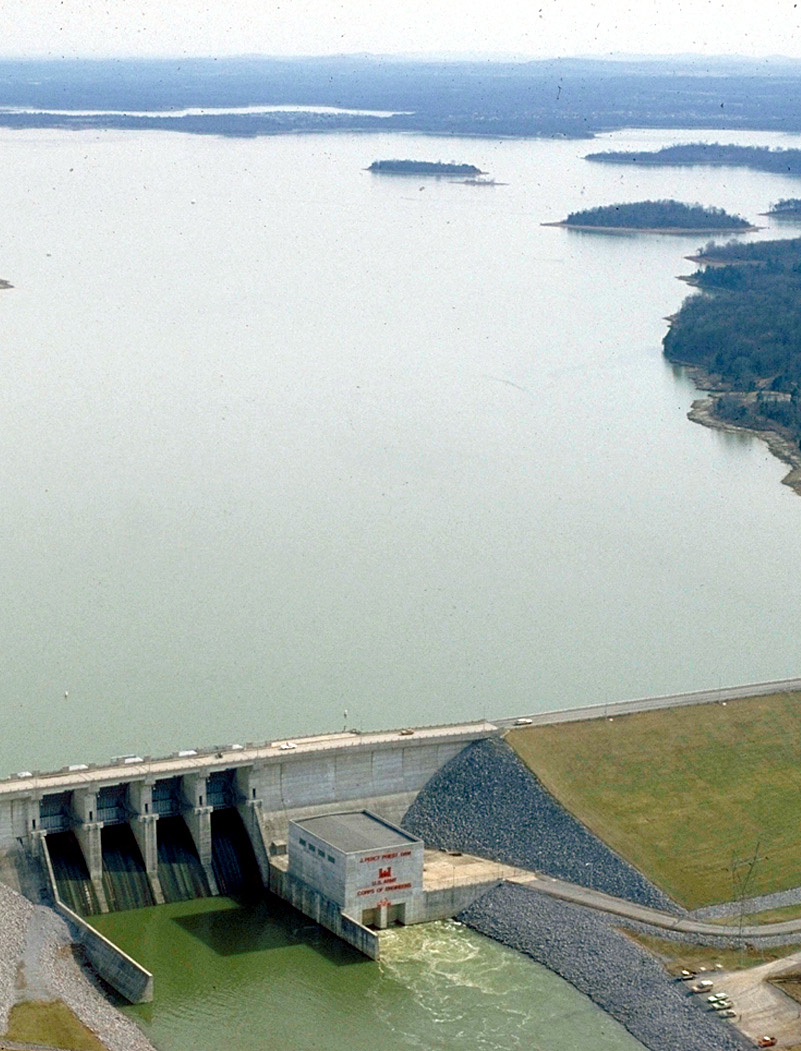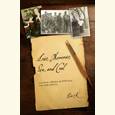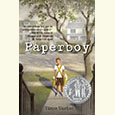Nesting
On the mystery of mothering
So often the best of intentions go awry. This spring, thinning my garden beds overfull with hellebores, the early- and long-blooming Lenten rose, I accidentally exposed a rabbit’s nest. It was the first I’d ever seen. I gently pulled back the top layer of gray fluff — then the scream. A humanlike scream of innermost fear.
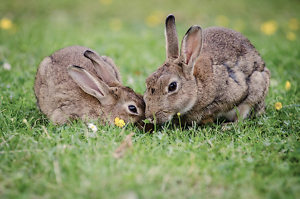 I’d heard how rabbits scream like babies, and there it was, in stereo. I re-covered them, now more open to the world and its cruel wiles. In the days to follow, I left saucers of water, red cabbage, spinach — though nothing seemed to be eaten. The bunnies remained in a clutch in their hollow. I never saw the mother, though a friend assured me she comes twice a day to feed them. To shield them from sun and rain, I placed a woven hat over the nest and removed it on clear nights to not spook the mother. There I was, interfering with nature’s ways and means, but I was responsible for the great uncovering, the sudden exposure. I couldn’t just leave them, could I?
I’d heard how rabbits scream like babies, and there it was, in stereo. I re-covered them, now more open to the world and its cruel wiles. In the days to follow, I left saucers of water, red cabbage, spinach — though nothing seemed to be eaten. The bunnies remained in a clutch in their hollow. I never saw the mother, though a friend assured me she comes twice a day to feed them. To shield them from sun and rain, I placed a woven hat over the nest and removed it on clear nights to not spook the mother. There I was, interfering with nature’s ways and means, but I was responsible for the great uncovering, the sudden exposure. I couldn’t just leave them, could I?
With Mother’s Day last month, my younger daughter’s birthday, and losing my mother in January, mothering looms large for me these days. My own lapses and inconsistencies, the frayed relations with my mother, and now watching how well this daughter is raising her own daughters. What we know instinctively and act on, what we never learn and leave undone. The umbilicus of that core relationship sometimes never cut, sometimes never fully joined.
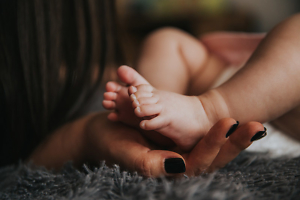 My first daughter was breech and, although the doctor said he would try to turn her, I underwent a Caesarian (which, I’m sure, was the plan all along). I was an Army wife, barely 21, and wasn’t told I would be awake during the surgery after receiving an epidural to numb my lower body. The room was deathly cold; the doctor talked about his golf game; the anesthesiologist barely spoke to me. Terrified, chilled, and shaking, I recited the 23rd Psalm in my mind over and over.
My first daughter was breech and, although the doctor said he would try to turn her, I underwent a Caesarian (which, I’m sure, was the plan all along). I was an Army wife, barely 21, and wasn’t told I would be awake during the surgery after receiving an epidural to numb my lower body. The room was deathly cold; the doctor talked about his golf game; the anesthesiologist barely spoke to me. Terrified, chilled, and shaking, I recited the 23rd Psalm in my mind over and over.
Back home in our attic apartment, my daughter, headstrong then as now, wouldn’t nurse. Recovering from major surgery and caring for a newborn, still a child myself, and several states away from my family, I gave up and gave her the bottle. But the flood of milk! The doctor said to bind my breasts, so I tore diapers (this was 1974) into rags and wrapped myself in their gauze until the flow finally ebbed and dried. Bound, yet not with goodness or joy. A distance created between us just as we began our journey together. For years, I chastised myself for not trying harder, for giving up, in my inexperience and innocence of any long-term effect. Over 45 years later, I still feel the burn and sting of my lifegiving force dammed (and damned) by those skin-tight bounds — and my own necessary withholding to feed my child.
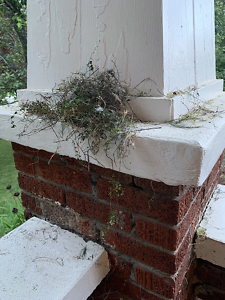 This spring, like other springs before, I watched the house wrens try to build their nest in the soffit of my porch. Twigs, weeds, cellophane and paper, moss. And every morning these bits of unnesting lay in the corner while the soffit above was clean. The space simply isn’t big enough — but it’s clearly in their avian DNA to keep visiting this corner because the imprinted generations keep coming.
This spring, like other springs before, I watched the house wrens try to build their nest in the soffit of my porch. Twigs, weeds, cellophane and paper, moss. And every morning these bits of unnesting lay in the corner while the soffit above was clean. The space simply isn’t big enough — but it’s clearly in their avian DNA to keep visiting this corner because the imprinted generations keep coming.
Is this a story, then, about trying and trying and being wise enough to protect yourself and your babies? My daughters never understood all of the years I kept returning to my mother after leaving her at 11 for a stable home with my father and stepmother. The breach between us was simply too wide, yet I kept trying to build the semblance of a nest that might shelter and soothe us both — until I stopped and made peace with separation.
Is this a story about letting loose and screaming, finally screaming, when the world’s expectations are too fearsome to bear? A story of knowing that the mother indeed comes right before daylight and right after dark, whether I see her or not?
Perhaps it’s just the reel all mothers and daughters do: approach, bow, then repel each other with the force of a magnet’s negative pole, each a mirror we turn toward or from to grow into our full selves. Through it all, bound and unbound. We soak the wrappings with our lifeblood, our milk, our care, our misguided attempts, our desperate hungers to be and do both for and beyond our children’s needs — just as nature intended.
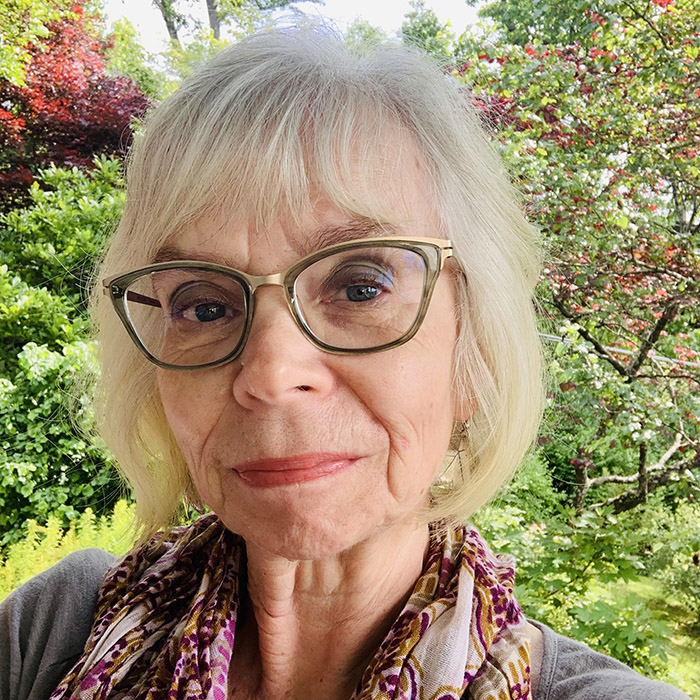
Copyright © 2021 by Linda Parsons. All rights reserved. Linda Parsons is a poet, playwright, and the copy editor for Chapter 16. She is the poetry editor for Madville Publishing and reviews editor for Pine Mountain Sand & Gravel. She writes and gardens in Knoxville, and her fifth poetry collection is Candescent (Iris Press, 2019).
